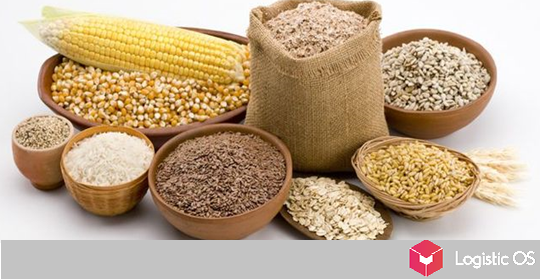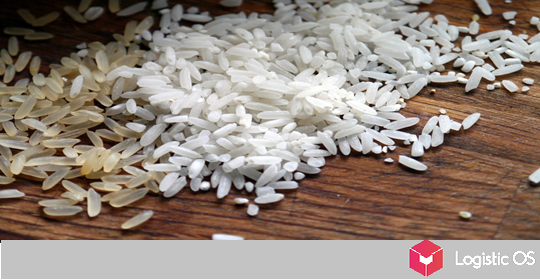A bad winter could cause the UK to significantly reduce its food self-sufficiency, forcing it to increase imports.
Last winter turned out to be the wettest in many years in the UK, and therefore there could be a significant reduction in the harvest of many crops, experts warn.
This may mean that domestic production will fall, so it will have to rely heavily on imports from other countries.
For example, it is possible that the UK will increase wheat imports severalfold: from 1.9 million tons to 4.8 million tons.
This is due to the fact that the harvest of milling wheat within the country risks decreasing by 40% due to unfavorable weather conditions, experts warn.
This, by the way, may entail a reduction in the production of flour and bakery products by 10%, which can have a very noticeable impact on prices.
UK self-sufficiency in wheat could fall from 92% to 68%, a very significant drop. Problems may also arise with self-sufficiency in rapeseed, while oats and barley are currently not a concern.
The country’s global food self-sufficiency could fall by about 8% this year, analysts warn, a significant blow.
Moreover, it cannot be ruled out that in reality things are even worse, because the calculations did not take into account crops such as vegetables, potatoes and sugar beets.
What are the prospects for British agriculture?
Experts are now concerned that wet winters like this could become more common. This, in turn, may be a consequence of climate change, which becomes a problem not of tomorrow, but of today.
For this reason, British farmers are emphasizing that they need additional government support, because without it it will be quite difficult to cope with extreme climate events, the frequency of which may only increase in the future.
Based on all this, farmers would like the government to make specific commitments to the agricultural budget, which will finance support for agriculture in the country.
However, it is not yet clear how ready the government is for such steps.
Prime Minister Rishi Sunak is hosting farmers and farming representatives in Downing Street this week as part of the Farm to Fork Summit.
With a high probability, this problem will become one of the most discussed there.

